Lease Purchase (LP)
Lease agreement whereby title to the goods on lease transfer from lessor to lessee upon complete payments of all rents and a residual value due under contract.
Long Term Lease (LTL)
Lease agreement that requires lessee to keep equipment on lease for a pre-determined period, usually 7 or more years.
Maintenance and Repair (M&R)
Expression that describes the general upkeep of containers to ensure they remain in operational condition. M&R will cover both damages (from impact or improper use) as well as W&T (Wear and Tear).
Max Gross Weight (MGW)
The maximum weight allowable for a loaded container. Also referred to as "gross weight".
Master Lease Agreement (MLA)
Short term, flexible lease agreement which allows lessee to onhire and offhire containers in pre-determined list of locations.
Offhire
Date at which a container is taken off lease. This may, in many cases, be the same as the redelivery date unless the container is returned damaged. If the container is returned damaged, lease contracts may give lessor the option to keep the container on lease until it is repaired. This counts as one day of lease.
One Trip (One Tripper, One-Trip, 1-T)
Essentially new containers that have only made one ocean crossing
Owner Code
The first three letters associated with the container number that is registered with the BIC.
One Way Lease (OWL)
Short term lease agreement intended to allow for the use of containers for one trip, usually from a single pick-up location to a limited number of redelivery locations.
Product Group Code
A one-digit alpha code that is a part of the container prefix; U for all freight containers, J for detachable freight container equipment, and Z for trailers and chassis.
Pre-Trip Inspection (PTI)
Inspection and test done on a reefer container to ensure the cooling mechanism is working properly and container condition makes it suitable for transport of goods.
